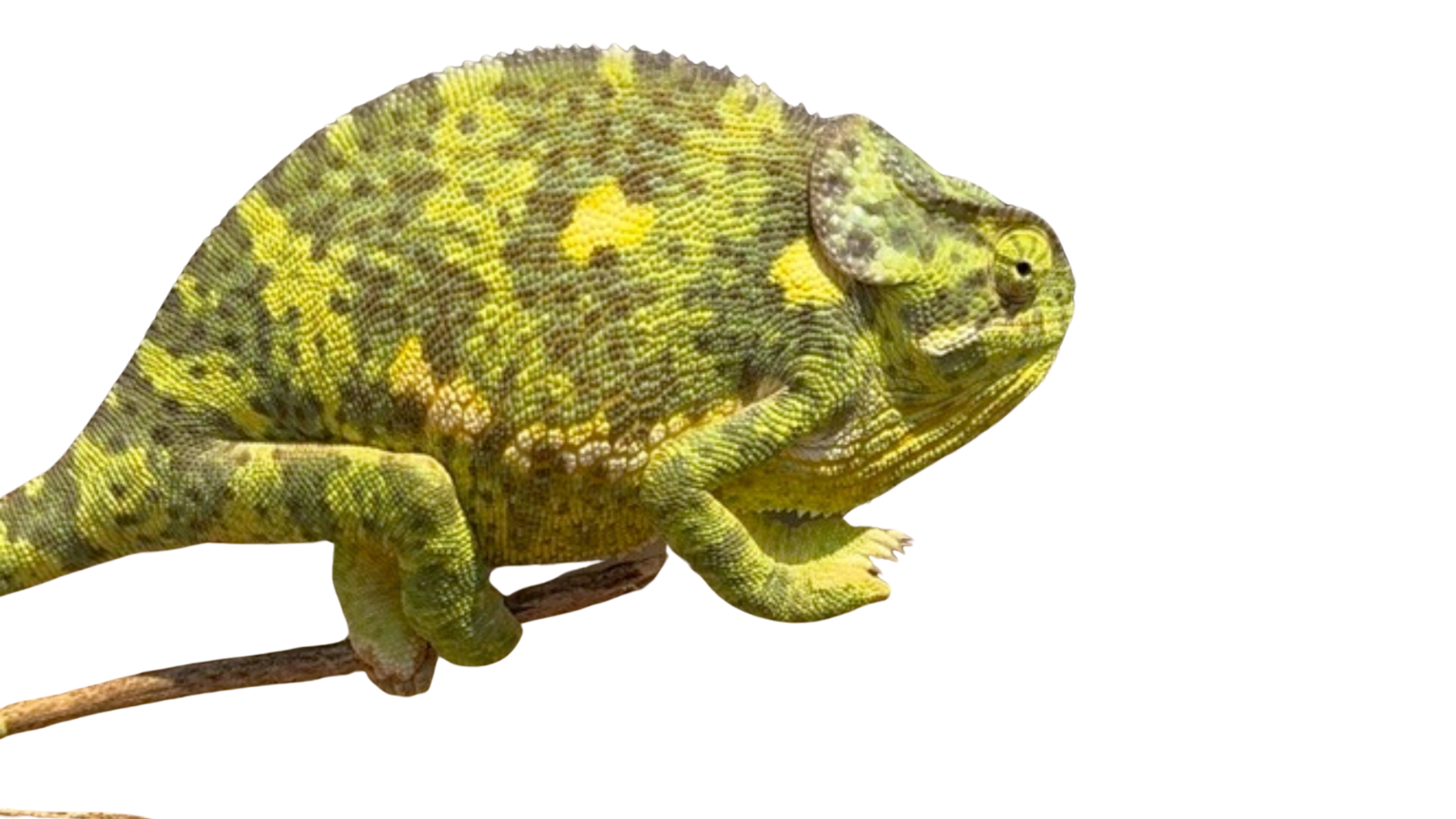You and I and every living organism on this planet possess an unbroken legacy that stretches back 3.9 Billion years. Not once during that entire period was our genetic chain broken. Never did our ancestors fail. Not once did they receive a bailout. Genes are the universe’s only serious repository of survival ‘knowledge.’
That is the real reason that nature-geeks like biodiversity. Biodiversity is the number of different kinds of genes (perhaps measured in species of plant or animal) that you can find in a certain area. You will sometimes hear nature geeks, such as myself, stumble when trying to tell non-nature geeks why biodiversity is a good thing. To us, it is like trying to explain why we like water to someone who doesn’t already know. These arguments often degenerate into the possibility that some organism will someday be put to a technological use. This is the some-plant-might-cure-cancer-someday argument, and since we are the technology mammal, it is an understandable mistake. But if that were the real reason we liked biodiversity would be medical technology-geeks instead of nature-geeks.
When we walk through our pastures, every species of plant that we see, every bird and earthworm and soil microbe (that we don’t see), had a different strategy for tackling the same survival project. And all those strategies worked in a hostile world. Some work better in certain conditions than others. So, management that increases biodiversity, increases its own chance of success in the long term. In the most basic sense, whether we look at it from the perspective of individuals, businesses, species, or as part of a community of living things, more biodiversity means a better chance of survival.
This is a good reason for nature-geeks to embrace total biodiversity as a measure of success in land management. More species is a good thing, even if not all those species are your most favorite, pet species. More species place more genes on the landscape that insulate us from the variations of an unknown future.
Our ancestors, and the ancestors of the plants and animals in our pastures have survived for 28% of the entire history of the universe. If you are pedaling a social, economic, religious, political, or technological system that can’t post similar numbers, why should I get too excited?

